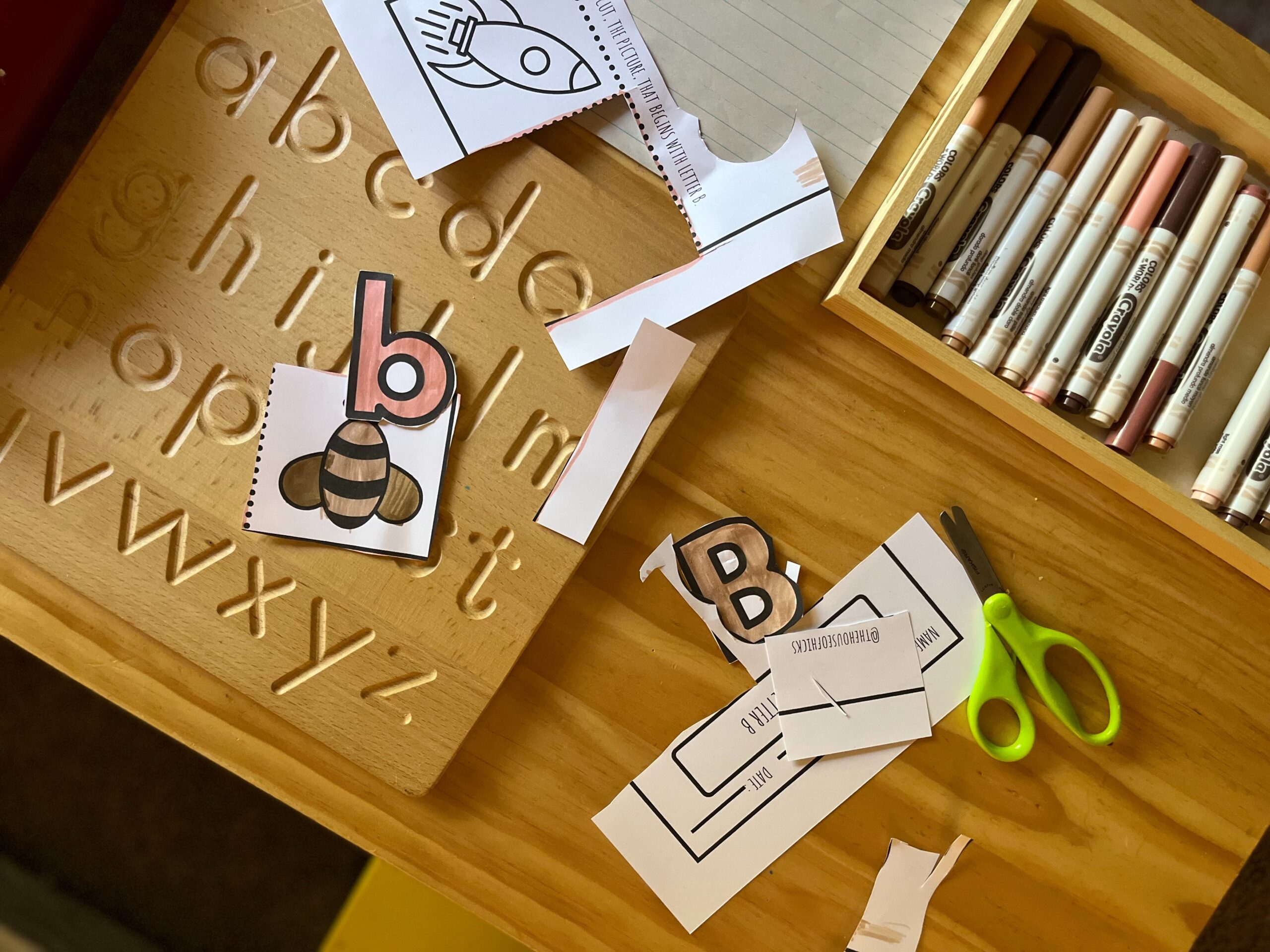Understanding the Pronunciations of ‘s’ in English: /s/, /z/, /sh/, /zh/ and Silent Cases
When s is in a non-final syllable (especially when it is in the initial syllable of a word), as in the words stu pid, sup port, and ques tion; secondly, when it is between two consonants , as in the words an·swer and grand·son; third, when it is located after a light consonant, as in the words thanks, arms and peaches. In addition, the pronunciation of ss in most words is /s/, such as in the words class, dis·cuss and im·pos·si·ble(s), but sometimes there are exceptions, such as in the word dis·solve(z )middle.
Secondly, the pronunciation of s in many words is /z/, and its pronunciation rules can also be divided into three situations: first, when it is at the end of a word, and it is preceded by a vowel letter, such as in the words has, is and was (z). This also includes its place in the ending -se, as in the words nose, please, and raise (z), where the silent e is appended to the consonant s to avoid its appearance at the end of the word; p. Two, when it is between two vowels, as in the words mu sic, trou sers, and pre sent(z), but sometimes there are exceptions, as in the word re search(s); p. Three, when it follows a voiced consonant, as in the words dogs, jeans, and leaves (z).
In addition to the above reasons, whether the pronunciation of the consonant letter s is /s/ or /z/ may also come from other factors, such as the difference in its part of speech. For example, when house and use are nouns, the s is pronounced /s/, and when they are verbs, the s is pronounced /z/.
In the second group, the pronunciation of the consonant s is /sh/ and /zh/, which can be mainly divided into two situations. The first case is that when s is located before the vowel u pronounced glasses short vowel /oo/, it is pronounced /sh/, as in the words sur gar and sure (sh); when it is located in the pronunciation When it is before the vowel u of the long vowel /oo/ in glasses, its pronunciation is /zh/, and the common words are u·su·al·ly and cas·u·al(zh). The second case is that when the consonant s is in the letter sequence sion and sure, its pronunciation is /sh/ or /zh/: when they are preceded by consonants, its pronunciation is /sh/, as in the word ten· sion and pres sure (sh); when they are preceded by vowels, they are pronounced as
/zh/, as in the words tel·e·vi·sion and pleasure·ure(zh).
Also, in individual words, s/ss precedes the vowel combination ia. At this time, its pronunciation is /sh/ or /zh/, as in the word A·sia (sh, zh).
The third group, the consonant s, is sometimes silent, as in the words is land and isle (¢).
The following sentence includes the four pronunciations of the consonant letter s, namely /s/, /z/, /sh/ and /zh/, as well as its silence, please memorize this sentence:
I surely support your decision to become a successful Asian fashion designer in the future. I certainly support your decision to become a famous Asian fashion designer in the future.







